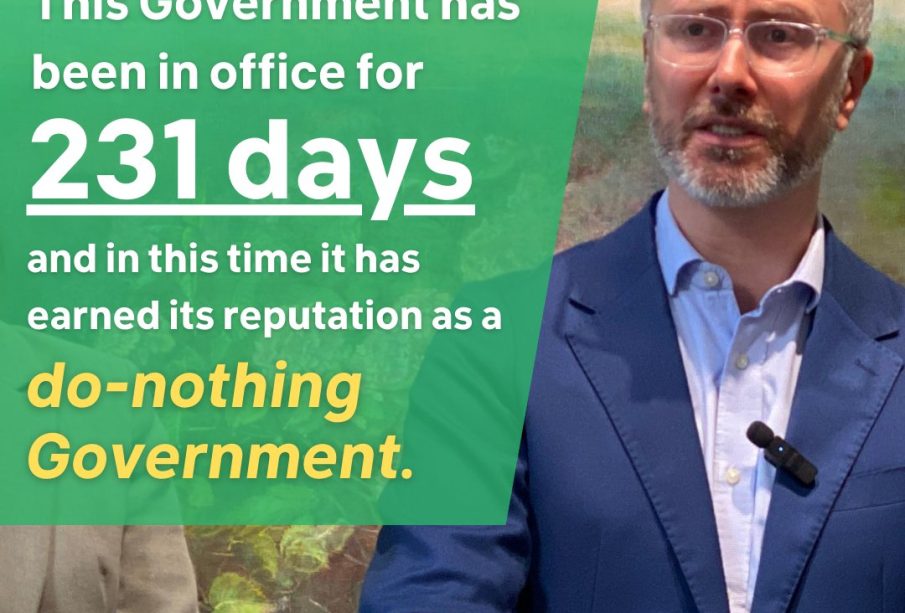The Green Party and Its Role in UK Politics

Introduction
The Green Party has emerged as a significant player in the political landscape of the United Kingdom, advocating for environmental sustainability and social justice. As climate change and ecological destruction become increasingly urgent topics, the Green Party’s message resonates with many voters, particularly younger generations. Its relevance has surged in recent years, influencing policy debates and party platforms across the spectrum.
Recent Developments
In the recent local elections held across the UK, the Green Party saw a notable increase in council seats, reflecting a growing public support for their proposals on climate action and green energy. The party’s leader, Adrian Ramsay, highlighted the results as a clear mandate from the public for more aggressive action against climate change, especially in light of the increasingly erratic weather patterns and rising energy costs.
Moreover, the Green Party has been actively participating in national discussions on key issues, including net-zero emissions targets set by the UK government. Their policy proposals, which include ambitious plans for renewable energy sources and investment in green jobs, have influenced mainstream parties to adapt their platforms in response to the burgeoning climate crisis.
Significant Policy Initiatives
Several key policy initiatives outline the Green Party’s vision. Central to their agenda is the Green New Deal, which aims to transition the economy towards sustainability by investing in renewable energy, improving public transport, and retrofitting homes to be more energy-efficient. The party also advocates for the protection of biodiversity and the promotion of sustainable farming practices.
Furthermore, the Green Party has been vocal about addressing social inequalities, advocating for policies that ensure a just transition to a greener economy that does not leave disadvantaged communities behind. This intersectional approach reflects a broader philosophy within the party, positioning environmental issues as inherently linked to social justice.
Conclusion
The increasing visibility of the Green Party highlights a shift in the political narrative within the UK. With climate concerns dominating electoral discourse and younger voters increasingly prioritising environmental issues, the Green Party’s relevance is likely to continue to grow. The next general election will be a crucial moment for the party, as it seeks to expand its influence and offer voters a viable alternative focused on sustainability and justice.
Ultimately, whether the Green Party can maintain momentum and translate local successes into national significance will be pivotal in shaping the future of political engagement on climate and social issues in the UK.









